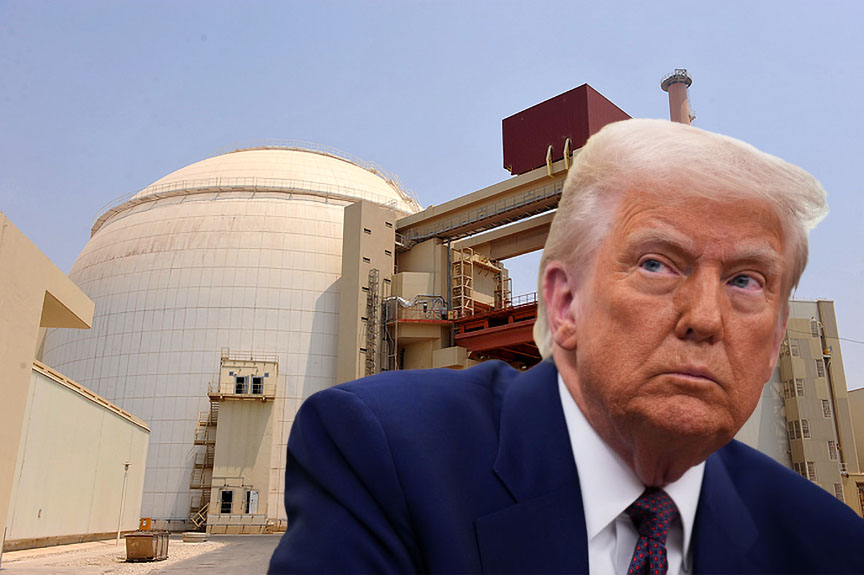
Why did President Donald Trump finally decide to bomb three nuclear sites in Iran on Saturday, including the formidable one in Fordow?
Here’s one possibility: Iran kept insulting him by rejecting his offers or demanding conditions. They were acting like the wily mullahs who ran circles around Obama and Biden. They thought they could still play their old games with Trump, even though Trump was wily enough to know they had no leverage given Israel’s massive assault.
So, when Supreme Leader Ayatollah Ali Khamenei kept uttering his usual defiant bluster in recent days, Trump saw right through the bluff. If there’s one thing Trump can smell, it’s weakness.
The dam broke on Friday, when Iranian Foreign Minister Abbas Araqchi, acting like he was calling the shots, brazenly announced that negotiations with the US wouldn’t happen “until Israeli aggression stops.”
According to a report in The New York Post, that was when Trump said enough and decided to strike Iran with “overwhelming force,” which he did the following day.
What will Iran do now to save face?
“The Iranian regime had warned that if America attacked, the US bases in the region would be targets. They threatened to block the Strait of Hormuz, creating a global oil crisis,” Mideast expert Dan Perry wrote on his Substack. “If that happens, then this war will move to a new phase in which the goal of the US is to topple the Islamic Republic and free the people of Iran. I’m not sure the regime will be stupid enough to pursue that avenue.”
Remember, Iran’s massive nuclear program was its pride and joy. It was worth all the money, it told its people, because it brought prestige and benefits to the nation.
But with an economy in shambles, the loss of its influence throughout the region and now the decimation of its main nuclear facilities, what do the mullahs have to offer their people except for the brutality of its troops?
Maybe a deal with Trump?
“Iran, the bully of the Middle East, must now make peace,” Trump said on Saturday night. “If they don’t, future attacks will be far greater and far easier.”
Given how little leverage Iran has, and how Trump has shown that he doesn’t bluff, Perry thinks it’s more likely that “talks will commence after the US (and Israel) declare victory. In those talks, Iran will be requested to hand over any remaining fissile material, disavow uranium enrichment beyond 3% civilian levels, end its missile program and cease any further undermining of Arab countries – meaning an end to support for Hezbollah, the Houthis, the Shiite militias of Iraq, Hamas, and more.”
That’s a lovely scenario, but of course we can’t discard the darker ones, which, Perry concedes, can “plunge the global economy into chaos” and “trigger a wider war, possibly even drawing in Gulf states or forcing the U.S. into deeper conflict.” There are already reports that Iran is planning a retaliation.
Over the next few days, we’re sure to hear from Trump haters, anti-Zionists, isolationists, political partisans and others for whom no military action, however successful, was a good idea.
For now, though, let’s take a little moment to reflect on what has happened.
In the Bible, Amalek is depicted as a sworn enemy of Israel and an archetype of evil. After decades of living in fear of a nuclear Amalek, Israelis today are seeing real hope that an existential burden was lifted. For the benefit of Israelis as well as peace lovers everywhere and the good people of Iran, we can only hope that this Amalek will take Trump’s advice before he gets angry again.





















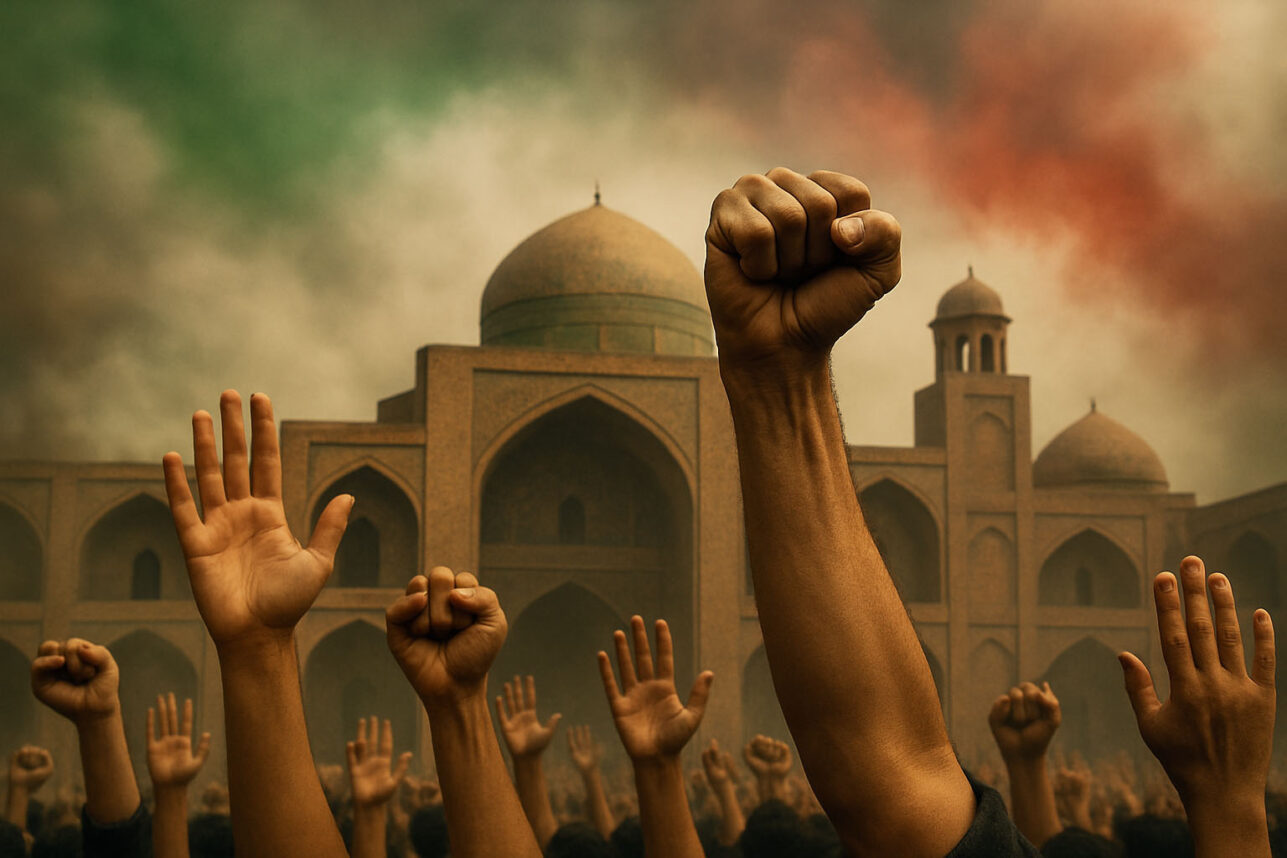



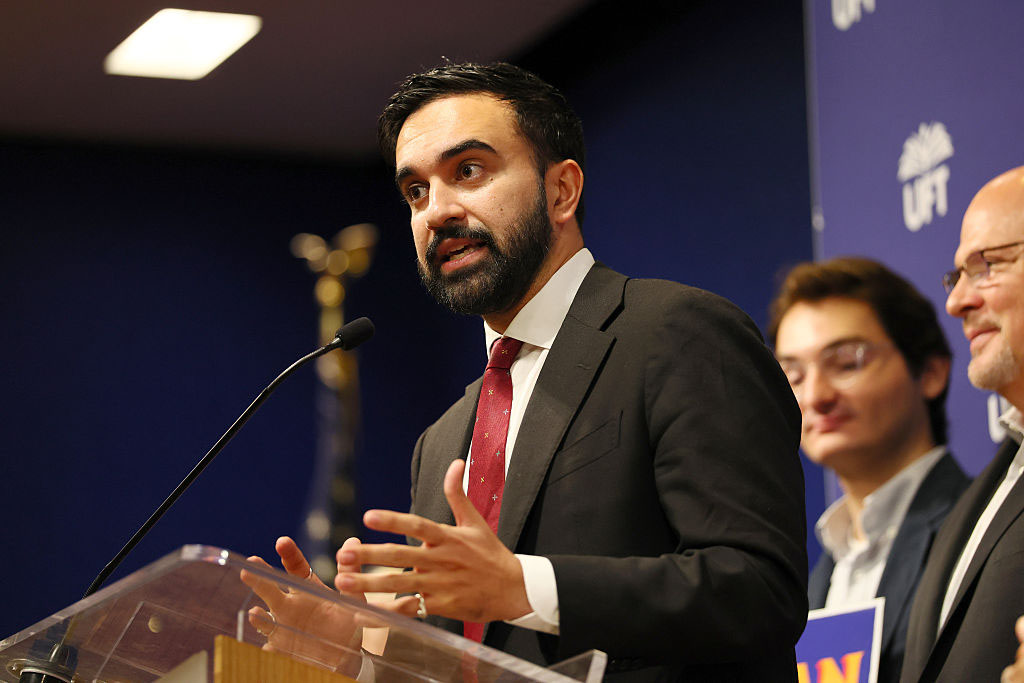



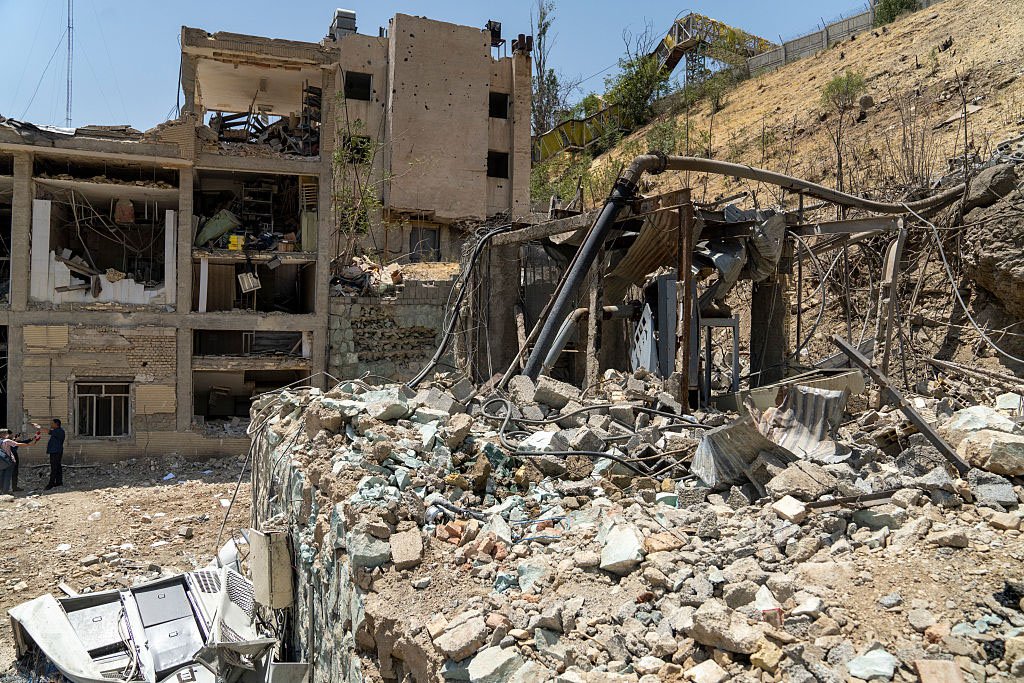

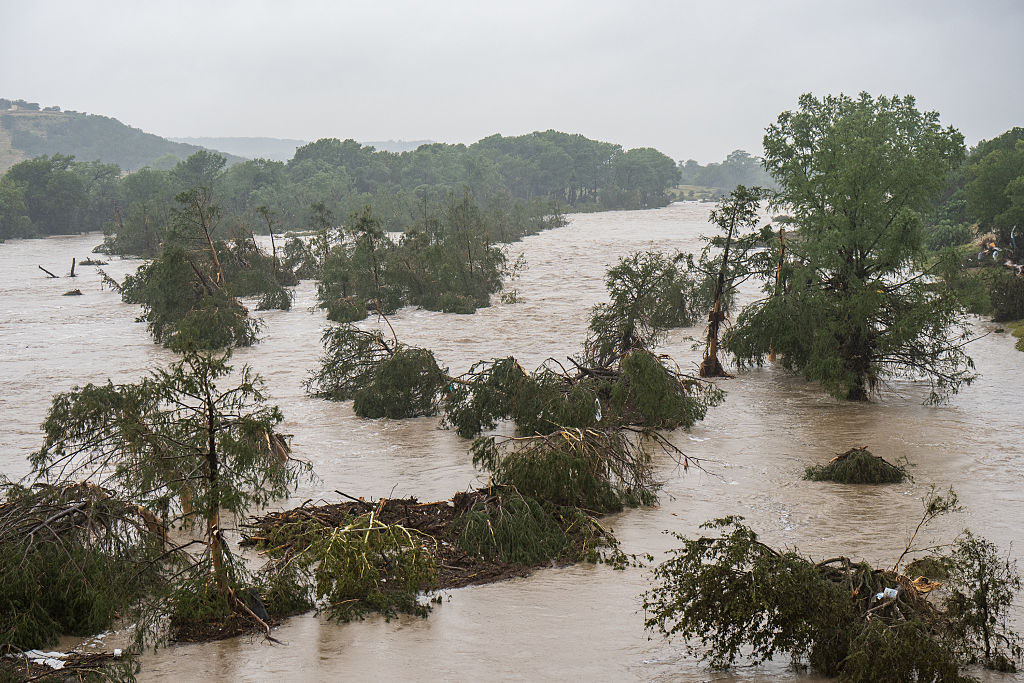


 More news and opinions than at a Shabbat dinner, right in your inbox.
More news and opinions than at a Shabbat dinner, right in your inbox.